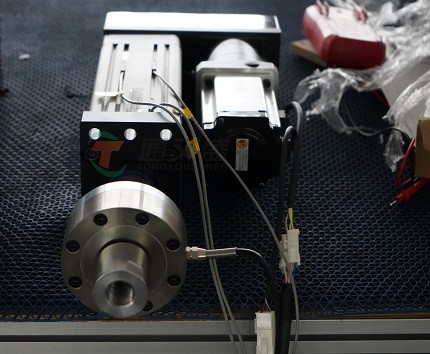Replacing an electric cylinder may indeed have an impact on the reliability and stability of the original system, which may be positive or negative, depending on a variety of factors Compatibility: The compatibility of the new electric cylinder with the original system (including control system, mechanical structure, electrical system, etc.) is key. If the specifications, interfaces, control protocols, etc. of the new electric cylinder do not match the original system, it may cause system instability or failure to operate normally.
System integration: Replacing an electric cylinder may require a certain degree of adjustment or reconfiguration of the system, such as modifying the installation location, updating control parameters, adjusting mechanical connections, etc., which may introduce new uncertainties and potential failure points.
Performance matching: The performance of the new electric cylinder (such as speed, accuracy, load capacity, etc.) needs to match the system requirements. If the performance of the new electric cylinder exceeds the system requirements too much, it may result in a waste of resources; if the performance is insufficient, it may reduce system efficiency or cause overload.

Maintenance and servicing: The maintenance and servicing requirements of the new electric cylinder may be different from those of the original electric cylinder. Failure to adapt to these new requirements may affect the long-term stability and reliability of the system.
Operation and control: The operation and control methods of the new electric cylinder may be different from the original electric cylinder, and the operator needs to relearn and adapt, which may affect the operating efficiency of the system in the short term.
However, if the new electric cylinder has better performance, good compatibility, and proper system integration and debugging, replacing the electric cylinder can improve the reliability and stability of the system. For example, a higher-precision electric cylinder can reduce position deviation, a more efficient electric cylinder can reduce energy consumption, and a more durable electric cylinder can reduce maintenance and failures, thereby improving the overall performance of the system.